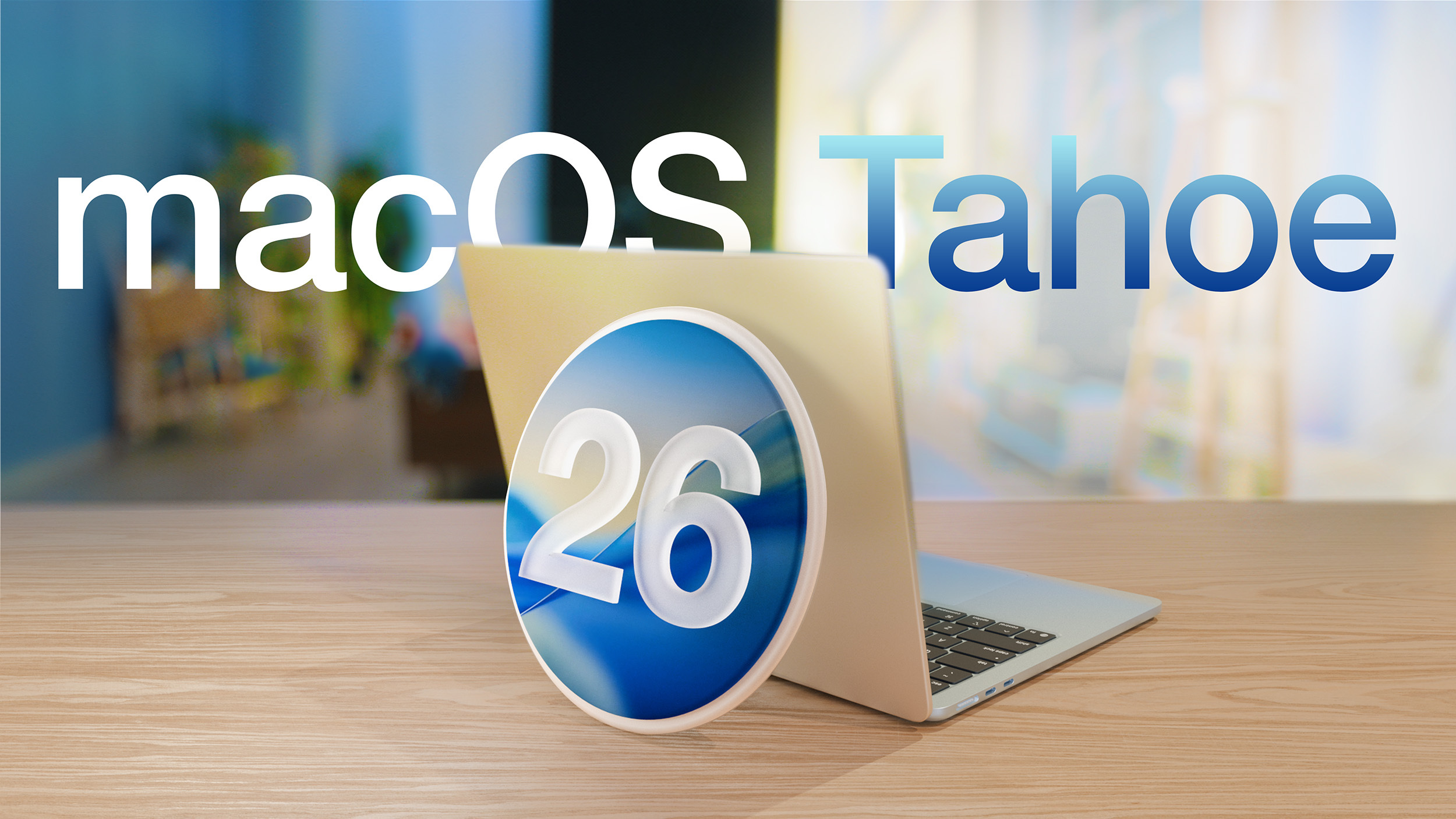
Two-Screen Analysis
By Michael Every of Rabobank
A depressing development in Hollywood, besides CGI and AI, is the rise of ‘two-screen viewing’, where scripts are simplified so audiences glued to their phones can follow the ‘plot’ in the background rather than being distracted by it: TV/movies are ‘product’ for those who don’t pay attention. One could argue the same with financial market media and ‘two-screen analysis’.
None are covering Islamist Sudanese paramilitaries advancing into the military’s last stronghold in Darfur: there are no assets there. But none are covering Russia’s test of a powerful new missile either, or Norway’s defence minister warning Moscow is concentrating its nuclear forces in the Arctic Circle in preparation “for war with NATO”, or Trump telling Putin the US has “the world’s greatest nuclear submarine stationed right off their shores.” They only notice the deals related to the above, such as Lukoil planning to sell its international assets following US sanctions. That’s being behind the curve, to use the language financial media purport to understand.
There are plenty of such deals – and sparse analysis of them. The UK just agreed an $11bn Eurofighter sale to Turkey when the Ministry of Defense is reportedly underfunded and planning cuts even as it’s told to rearm rapidly. Politico claims to have ‘Germany’s new €377bn military wish list’ to become the most powerful conventional military in Europe: it’s of course anchored in German industry, with the exception of a few key US systems, such as upgraded F-15s and 400 Tomahawk missiles. There are implications there for Europe in multiple dimensions.
The US losing a helicopter and fighter jet within 30 minutes in the South China Sea yesterday may have been down to “bad fuel”, according to Trump. If so, it’s an indictment of US Navy logistics. That’s why we are seeing US strategic deals with South Korea and Japan to build US ships in their shipyards; the US says Japan’s pledged $550bn FDI package will focus on infrastructure such as electricity and energy; and Trump and PM Takaichi will today talk trade and defence, which are increasingly the same thing.
On which note, Europe has also seen far-from-normal developments:
Former ECB President Draghi called for “pragmatic federalism” where clusters of EU countries agree to policies rather than one-size fits all. EC President Von der Leyen laid out green tech policies that imply massive use of economic statecraft: huge non-tariff barriers (“Made in Europe” for all state tenders); capital controls (screen FDI so it’s “in the EU’s interests”: and outbound FDI?); and tariffs and subsidies (support for key sectors – “You are critical to Europe’s future. and your future will be made in Europe. That is critical for us”).
Both Macron and VdL threatened China with the EU’s Anti-Coercion Instrument over withholding rare earths, which would shatter EU-China trade and make the Nexperia crisis look like nothing, even as its China parent Wingtech declares a cash-flow risk and an EU car production shutdowns loom as chip supplies dry up, Covid-style.
The EU is to launch a “RESourceEU” plan before end-2025, on top of the EU Critical Minerals Act that has so far achieved little, to: diversify supply chains (to countries who already did deals with the US and China); boost domestic extraction and refining in the EU (which is highly polluting and uneconomic); scaling up recycling; and strengthening strategic reserves to guard against supply disruptions (so central planning and commodity buying as well as the need to set agreed market price ceilings and floors?).
Moreover, Politico also reports the ‘EU will move to take on Wall Street with major financial reform proposals’. These include amending the EU’s flagship financial market rules, MiFID and MiFIR; for clearinghouses (EMIR); investments (AIFMD/the UCITS Directive); central securities depositories (CSDR); crypto rules (MiCA); and the regulation of markets watchdog (ESMA). Moreover, the Commission is also planning to propose financial markets supervision moving from the national to EU level. As said here many times, geopolitics now drives market paradigm shifts.
In Latin America, Argentina’s markets rallied strongly over Milei’s political victory. Moreover, Brazil’s Lula stated he sees a “definitive solution’ with the US coming within days, and that Trump “guaranteed” him a trade deal: is it a coincidence that Lula also offered to help the US mediate with Venezuela? On that front, Venezuela is moving to cancel energy agreements with Trinidad after a US warship arrived at the neighbouring island nation, which analysts see hurts Venezuela more than Trinidad.
In North America, Canada’s PM Carney is now floating dropping the 100% tariff on Chinese EVs it had agreed in line with the US in return for lower tariffs on Canadian pork and canola into China. Now that there is no transshipment possible into the US due to its tariffs on Canada –could they now go higher in response?– that just implies more pressure on the Canadian auto industry already struggling with the loss of sales to the US and potential production shifts south of the border. One wonders if any analysis of the value-add of the agri vs auto industries is being done – is there an economic statecraft target in either direction, or is it just potentially-expensive ‘we have options, you know’ messaging to Trump?
In Asia, after Trump’s swirl of charm-offensive critical minerals deals and a Thailand-Cambodia peace treaty, China and ASEAN inked an upgraded free trade pact covering digital, green economies, and supply chain connectivity.
In the domestic political economy sphere, but with global implications, Australia’s largest aluminium smelter is in employee talks for potential closure: is the Aussie role in the new geopolitical geoeconomic order also just the old one – resources?
UK Chancellor Reeves reportedly faces another £20bn hit to UK public finances due to a downgrading of assumed UK productivity by the budget watchdog by 0.3 percentage points per annum.
The French parliament just voted to increase corporation tax from 33.8% to 35% next year, as the Socialist Party will reportedly wait until the end of the week to decide whether to topple the government over a wealth tax, which they want to see start at 3% of assets over €10m, not 2% on over €100m, as the government proposes.
Spain’s already-wobbly government lost a coalition partner, making the passage of any legislation more difficult; and
In the US, the Wall Street Journal says, ‘Amazon to Lay Off Up to 30,000 Corporate Workers’, and below it, ‘The Good Vibes Are Back on Wall Street’. In-between is a smaller headline stating that big firms think they can keep growing without hiring anyone.
Meanwhile, The Economist proclaims, ‘The end of the rip-off economy’ as “From finance and medicine to used cars, artificial intelligence is radically improving market efficiency.” Is that also twin-screen analysis, where a ‘Hollywood ending’ plot is shot-gunned into the eyes of those who might otherwise see a vastly more complex, nuanced, and perhaps even diametrically opposed picture?
Tyler Durden
Tue, 10/28/2025 – 12:45

ZeroHedge News
[crypto-donation-box type=”tabular” show-coin=”all”]





